11 things you should never throw on the compost heap
Some things you should never throw on the compost pile — here's what they are
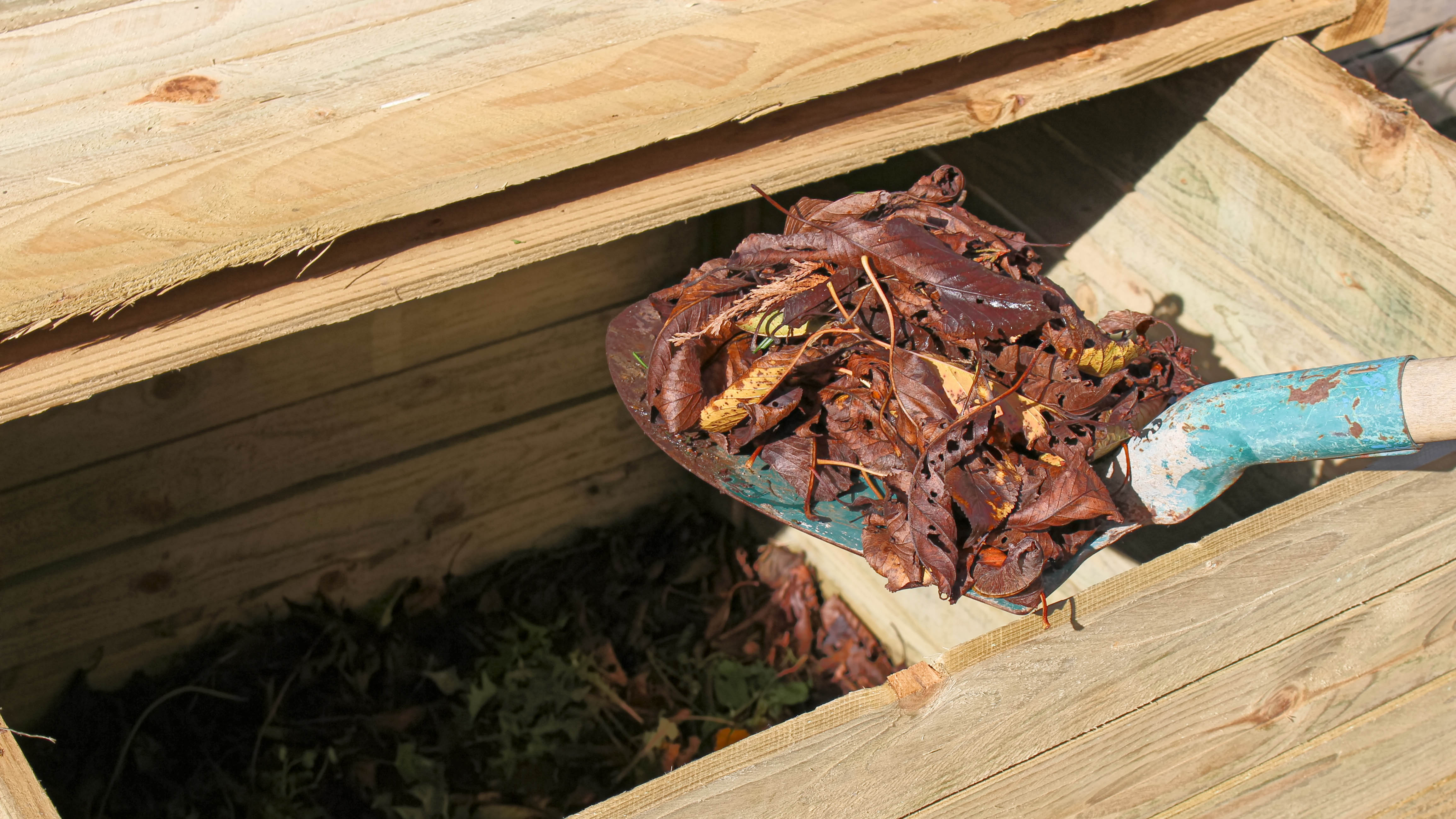
Whether it be our food scraps or yard waste, composting is a great way to turn organic matter into nutrient-rich mulch for our gardens. Not only is it a more natural, inexpensive way to grow veggies, plants and lawncare, but also helps to cut down on our kitchen waste.
But, while you might think that all things organic are compostable, there are things you should never throw on the compost heap. This is mainly because certain waste can contaminate, slow down or stop your compost's decomposition process. Plus, you don’t want to add anything potentially toxic to the soil, which could be harmful to you, or your homegrown plants. What’s more, certain foods will release a stench, which could attract pests and all sorts of vermin to your backyard!
Essentially, composting is a process where organic matter is broken down (or ‘eaten’), by naturally occurring microorganisms. These break down the waste, changing its structure to create a healthy nourishment for plants. For composting to work however, organic waste requires air and water, and should be a balanced mix of wet and dry matter to get the right ratio of nourishment.
Depending on your materials, conditions, and method, it could take anywhere from a several weeks to several years to make compost. In any case, this is the best form of natural fertilizer for your plants and lawn care, and should save you money in the long-run. So, if you want to get the most out of your household waste, here are some common things you should never throw on the compost heap.
Just avoid these 7 composting mistakes. Plus, here are 3 weeds you should never compost, according to experts and 5 benefits of composting and how it can enrich more than your yard.
1. Meat and fish scraps
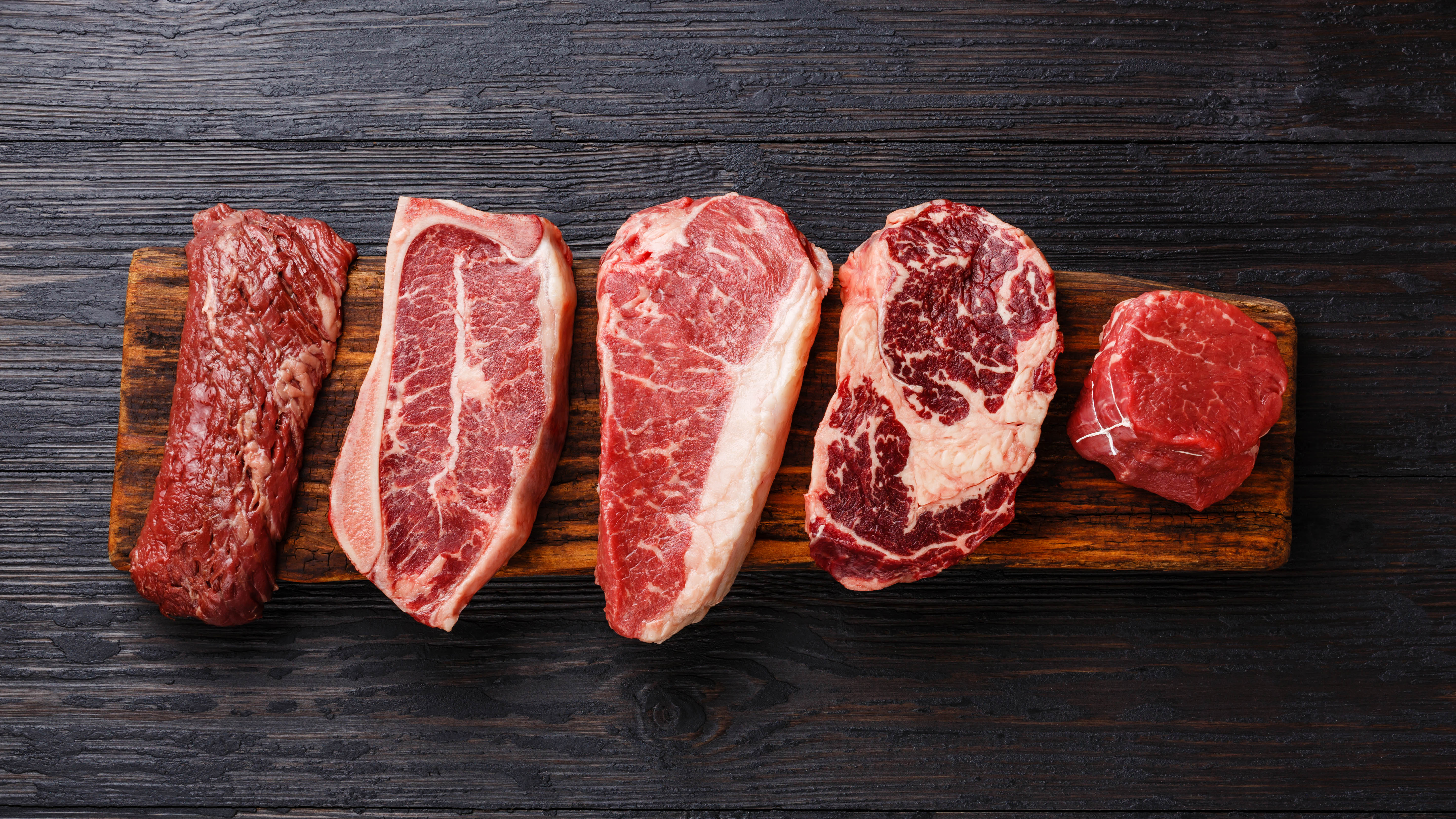
While meat scraps and fish bones are organic, avoid throwing these on the compost heap at all costs! Firstly, the stench of rotting, decomposing meat and fish will only attract pests and vermin including raccoons, rodents and maggots amongst others.
Secondly, only a few specialized composters can cope with such items, whereas the average, closed compost bin cannot. So if you want to avoid the hassle (and pest control), don’t throw these items onto the heap.
Sign up to get the BEST of Tom's Guide direct to your inbox.
Get instant access to breaking news, the hottest reviews, great deals and helpful tips.
If you do have unwanted pests in your yard, you might need these 7 plants that keep mice and rats from invading your home.
2. Dairy products
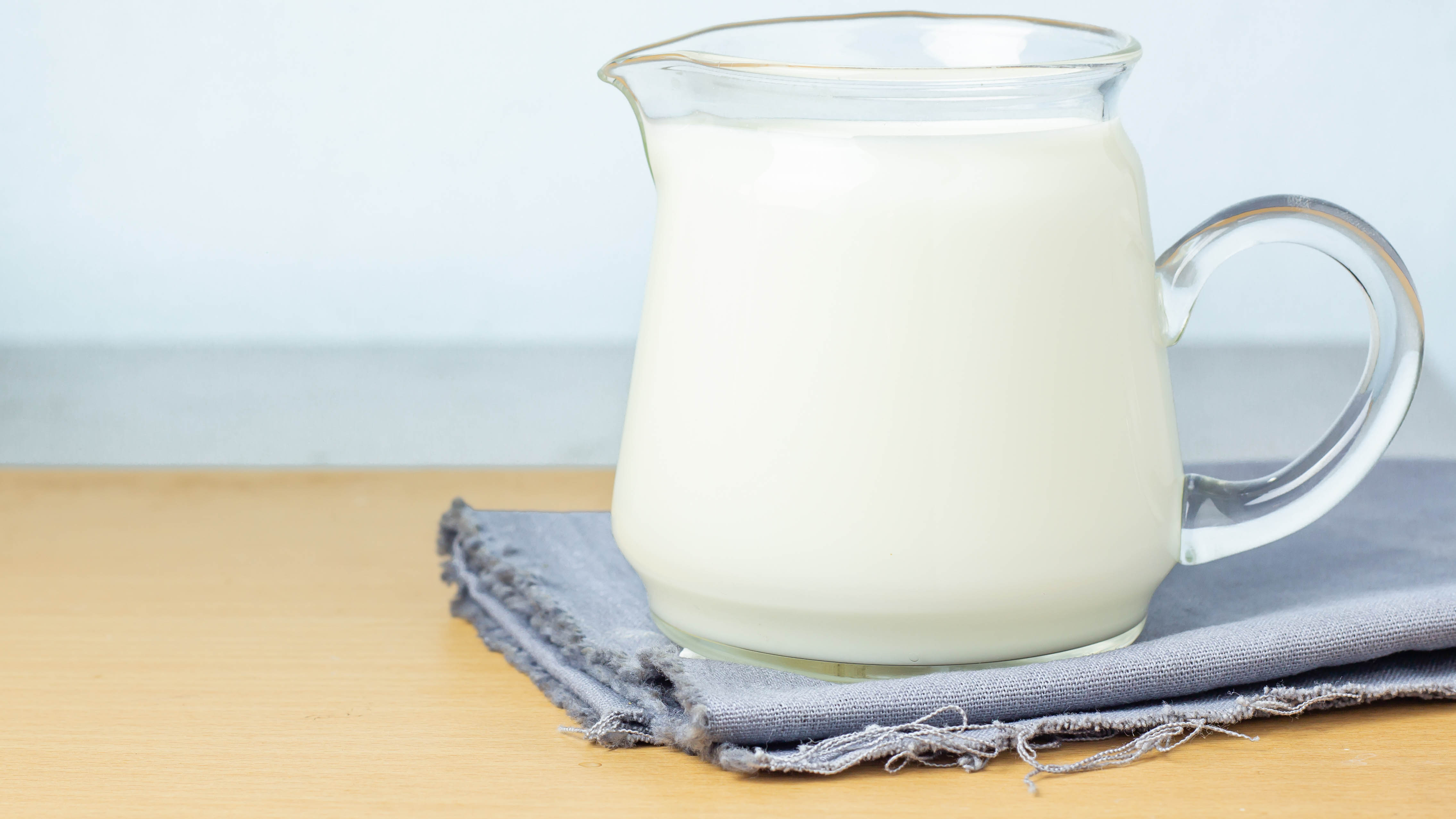
Similarly, tossing out spoiled dairy products will lead to a bad odor as soon as they start to break down. Once again, this creates perfect conditions for attracting pests and rodents.
Although small quantities of dairy are relatively harmless, avoid throwing entire contents of expired milk, yogurt, cheese or any other dairy on the compost heap. The same applies for leftover cooking oils, butter or any other fats. Not only will these change the look and feel of the compost environment, but rotting dairy will smell rancid.
3. Citrus peels
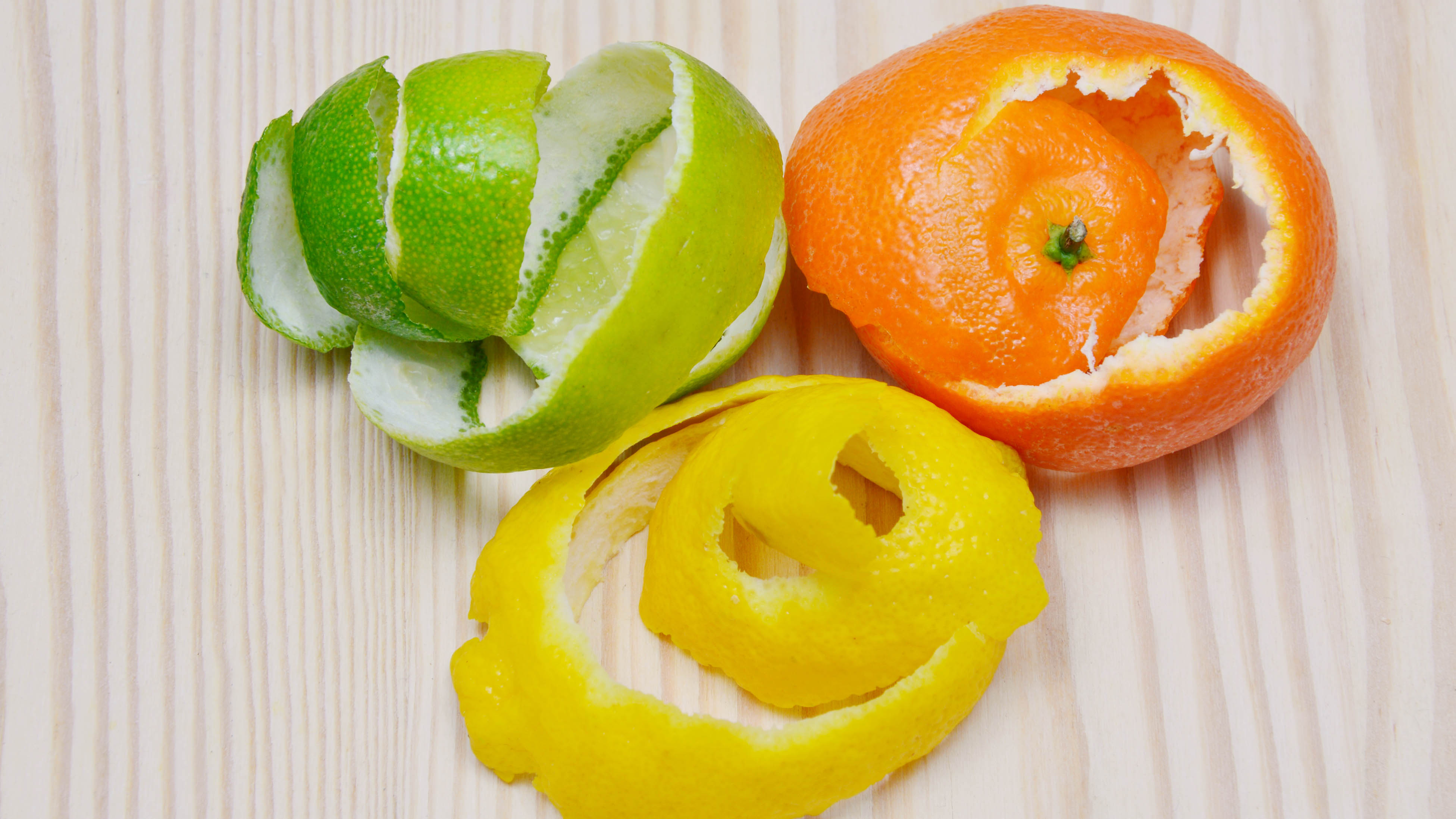
While most fruits are ideal for the compost heap, citrus fruit peels take a long time to break down and fully decompose. Since it’s acidic, this also risks throwing off the pH levels of your compost bin, potentially slowing down the overall process.
In addition, if you own a vermicomposter (worm composter), citrus can actually kill the active worms needed to create your healthy compost. Instead, you can re-use citrus peels and make your own DIY cleaning products.That way, you’ll be able to save money on your grocery bills too!
4. Onion and garlic scraps
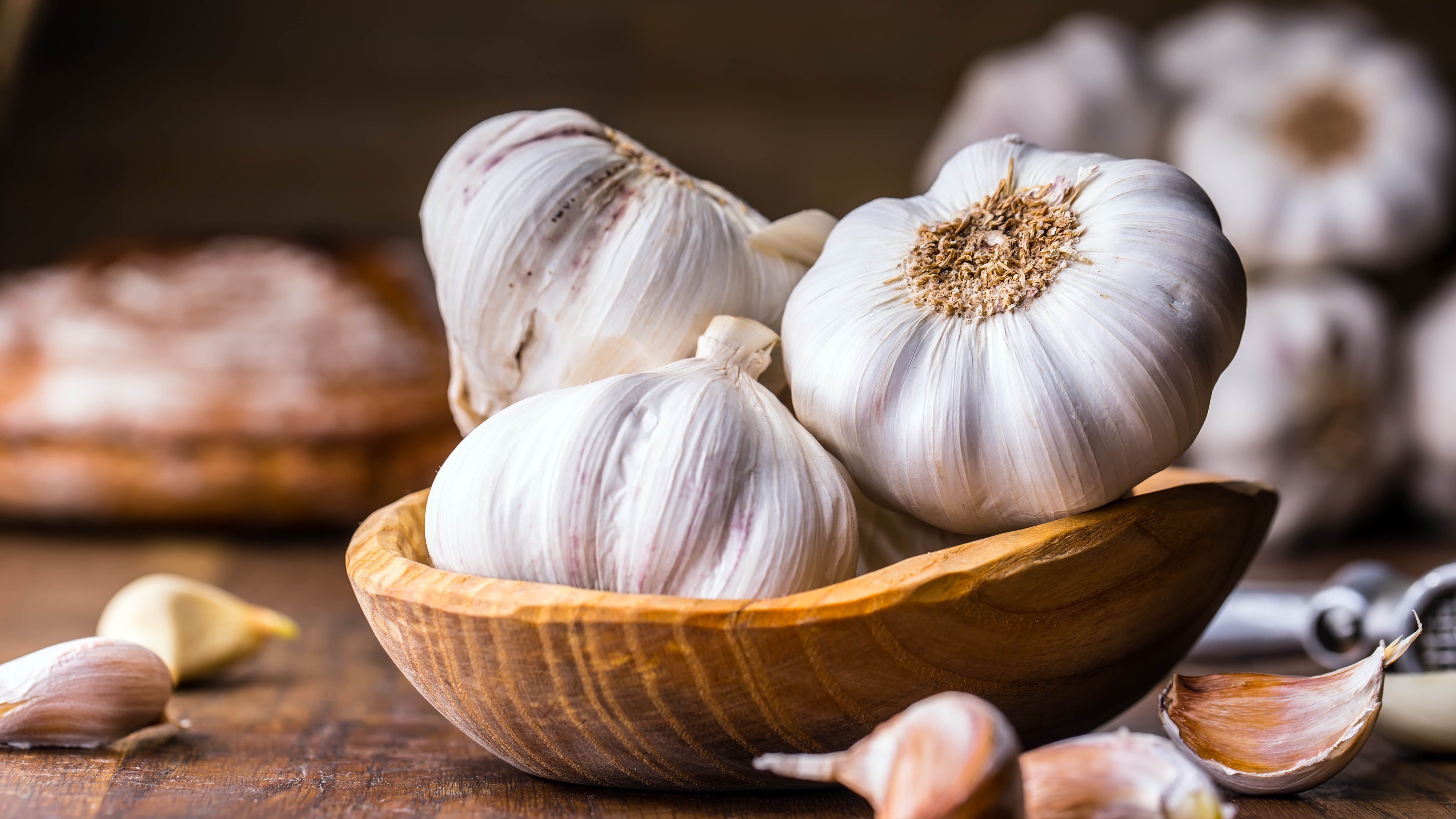
Just like citrus fruit peels, the high acidity of onion and garlic scraps can be harmful to those hardworking worms and other beneficial organisms essential for breaking down organic waste. This will also slow down the decomposing process. However, if you only have small amounts, this should be fine in standard compost bins, providing it’s mixed in with other items.
Alternatively, you could try to plant your onion scraps and grow them into new bulbs. Or if you want to grow garlic from scratch, follow our guide on how to grow garlic in 6 simple steps.
5. Weeds
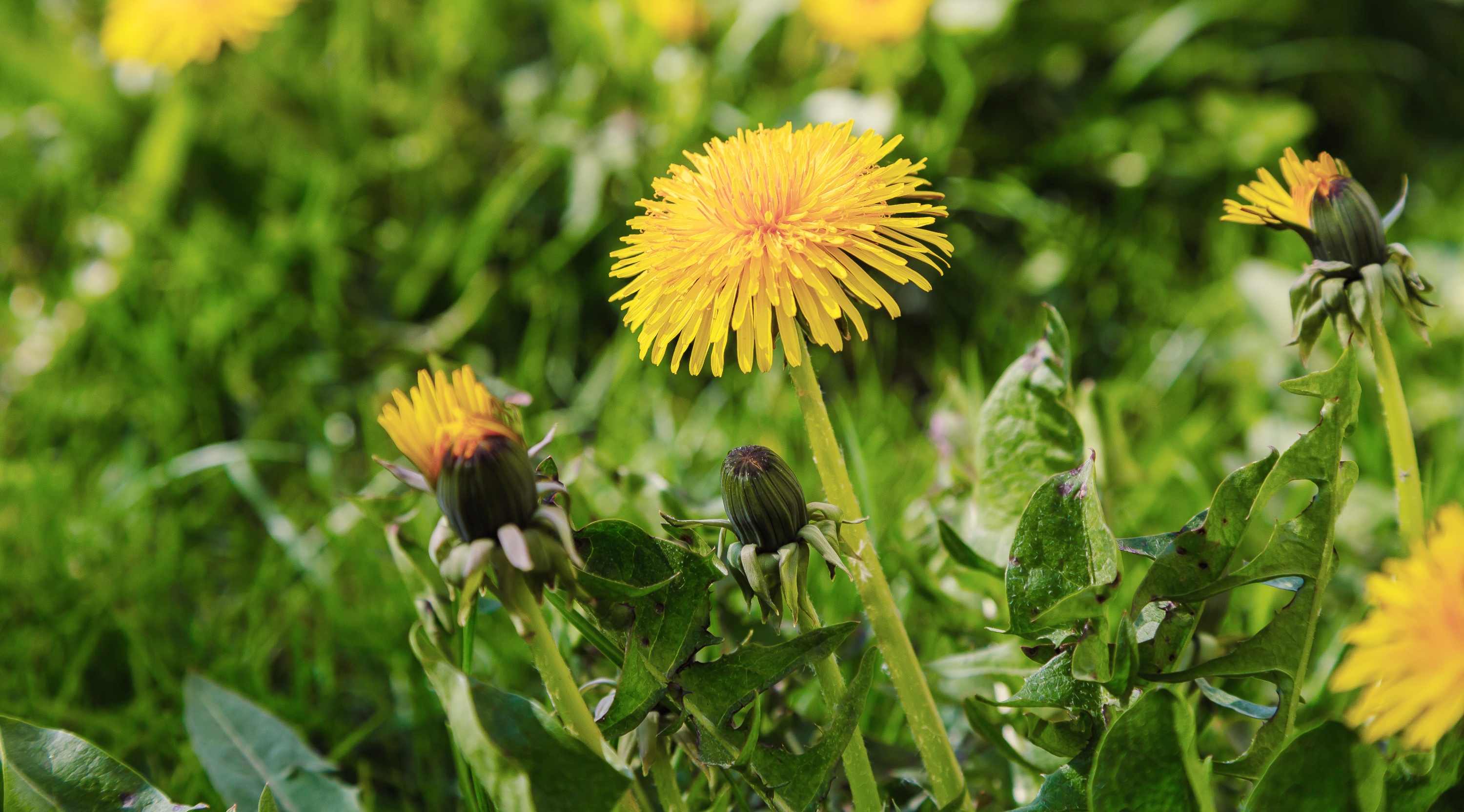
While it might seem the ideal place to dispose of weeds or dandelions after gardening, never throw these on the compost heap. These are notoriously invasive plants, and weed seeds will survive to sprout in normal compost conditions.
Unless compost temperatures reach 145°F, there is a good chance they could grow back in the finished compost after you’ve already used it on your lawn or around the garden. And the last thing you want is to know how to get rid of dandelions without ruining your lawn.
6. Large branches or treated wood
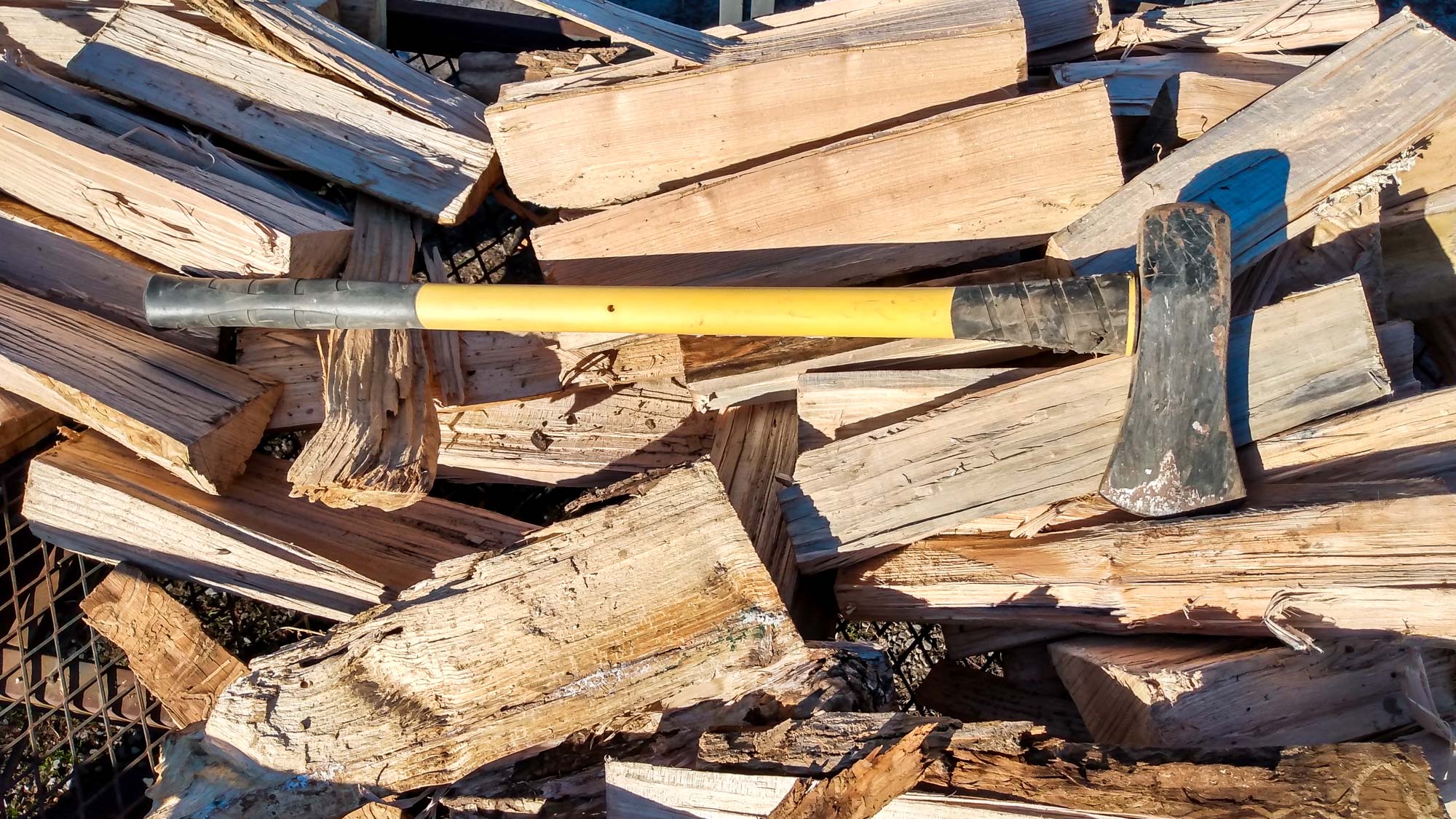
Typically, anything woody is good to compost. However, large branches, sticks or even twigs take a very long time to break down. This can make it difficult to turn your compost heap to produce healthy soil. It’s always best to break these up into sections or chipped into smaller pieces before throwing them in the compost heap.
In addition, never compost treated, painted or varnished wood. The chemical residue from the treatments will affect plants/garden once the compost is applied.
Similarly, avoid plants that have been treated with insecticides, fungicides, or herbicides. The residue of strong chemicals used to kill garden insects can unintentionally kill the beneficial organisms needed to make quality compost.
7. Charcoal/coal ash

If you want to dispose of charcoal ash, avoid scattering it over the compost heap. Unlike ashes from your wood-burning fireplace or an outdoor fire pit, coal and charcoal contain high levels of sulphur, which can make your compost too acidic for gardening. In addition, charcoal briquettes are often laden with toxic chemicals that can harm your soil, plants or those consuming homegrown veggies.
The best way to dispose of charcoal ash safely is to leave it to cool outside for up to 48 hours. Once completely cooled, carefully wrap it in aluminum foil or place in a small metal container. Then throw it out in a noncombustible, outdoor trash can.
8. Rotten plants
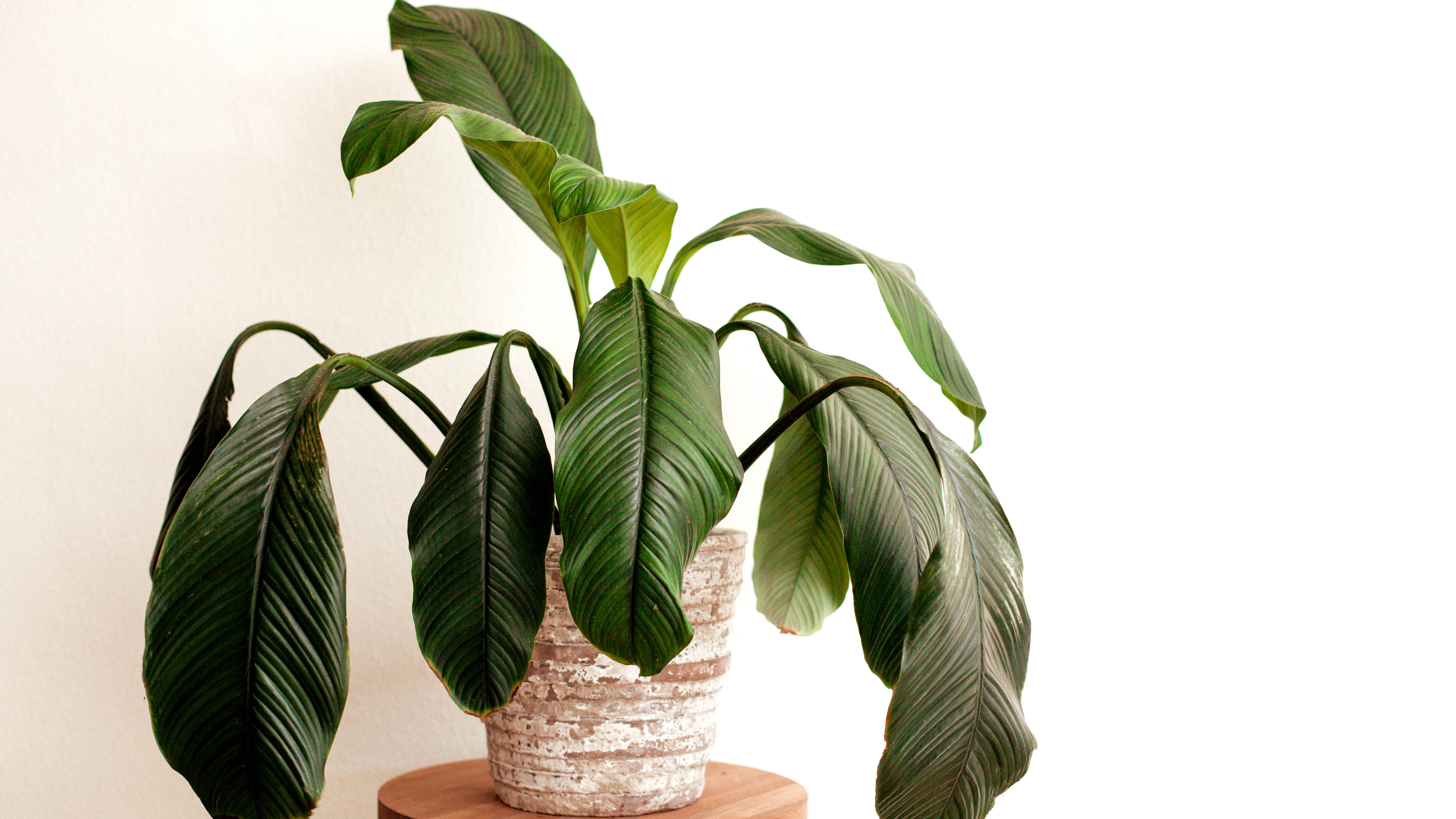
While it might seem like the best place for repurposing diseased plants, this isn’t recommended. Diseased plants are usually a result of a fungal or insect infestation that could spread in your compost heap. Infected plants would not make healthy compost material, and could affect the quality.
And while it takes hot temperatures of 141°F to 145°F for at least several days to kill such fungi or bacteria, most home compost bins never reach those high levels. So it’s best to avoid it altogether, if you want the best compost.
9. Coated cardboard materials
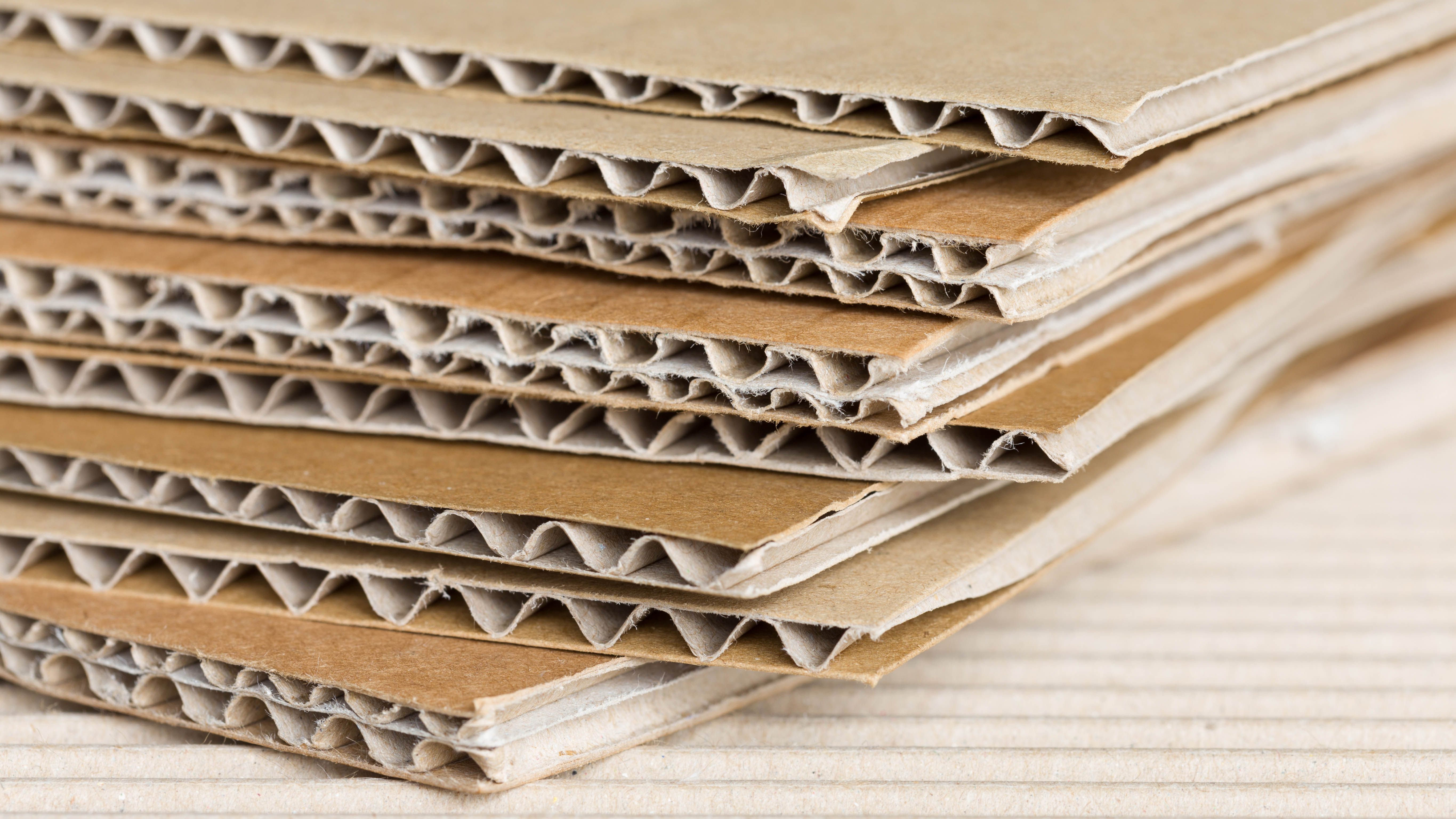
Although most cardboard packages and materials claim to be sustainable, never throw any coated cardboard on the compost heap. Not only is coated plastic impossible to break down into compost, but could potentially release toxins into the organic matter. Such packaging includes take-out coffee cups, cartons, juice boxes, any foil-lined packaging and cookie bags.
And if you are throwing out the right type of cardboard, don't forget to remove any labels, packaging tape or stickers before adding to the compost. Again, these will not break down and slow down the overall process.
10. Treated grass clippings
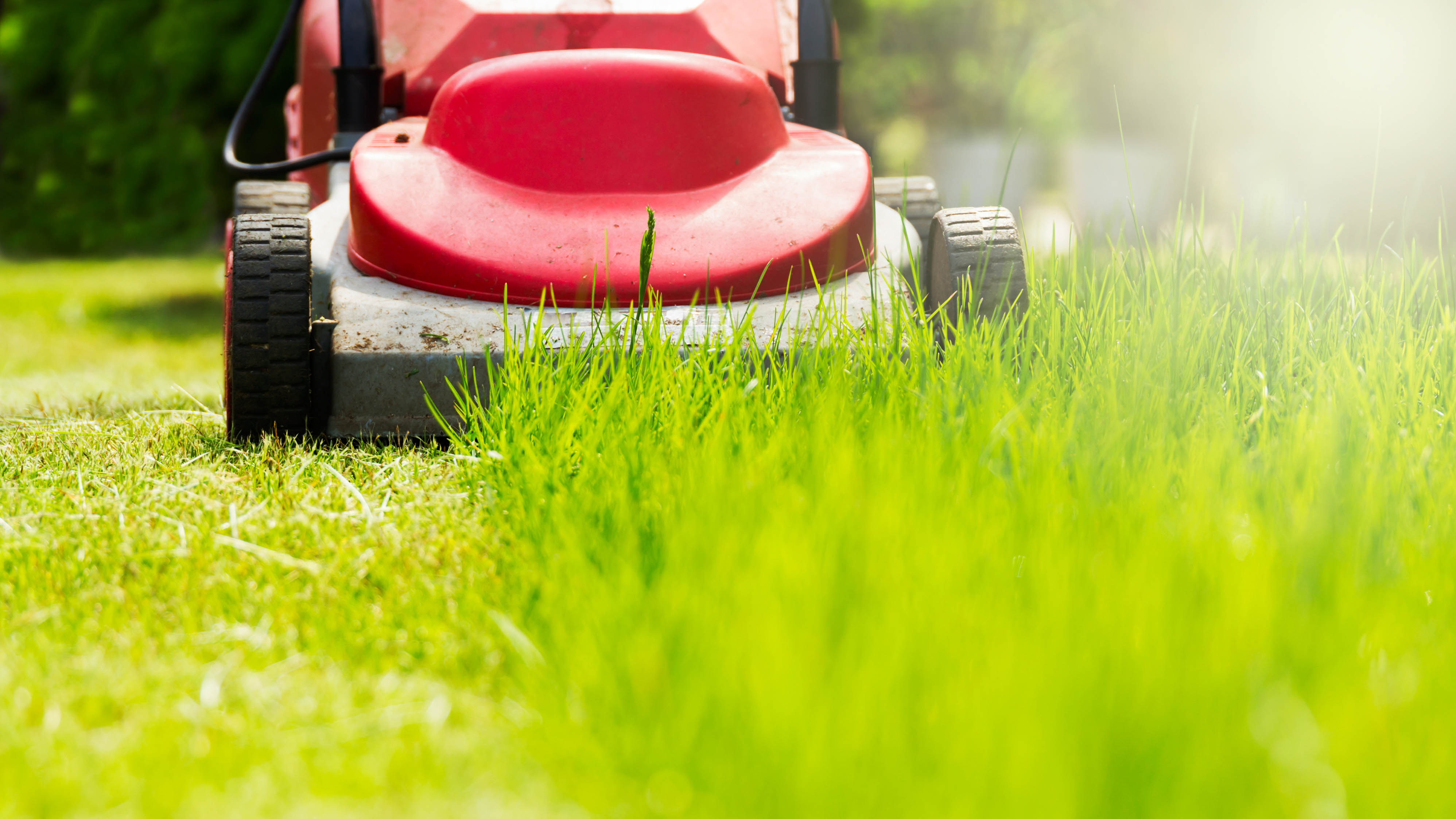
Grass clippings are the perfect addition for the compost heap. However, never add grass clippings that have been treated with pesticides, herbicides and other chemicals.
Such chemicals will harm the natural microbes, and will slow down the composting process. Worse still, it could release harmful toxins into your veggies or other homegrown food. Only compost untreated, natural grass clippings after mowing your lawn. Just be sure not to make any of these common lawncare mistakes when doing so.
11. Cat and dog waste
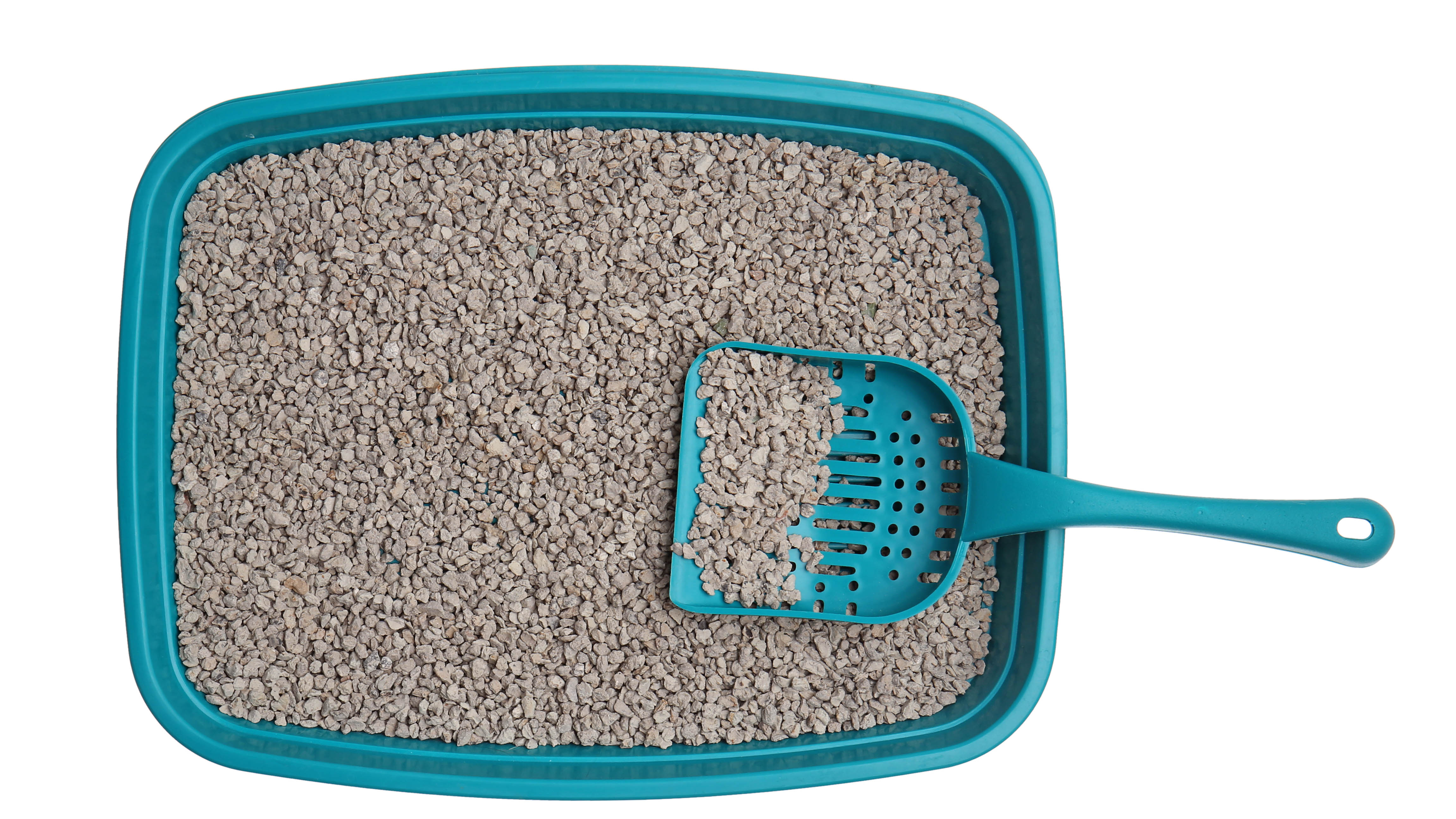
Although manure is often used as fertilizer, dog and cat feces should never go on your compost pile. Both cats and dogs carry bacteria and parasites such as roundworms, that cause human disease. This will inevitably contaminate and turn the compost into hazardous waste.
In particular, cat feces and cat litter pose an even greater risk because they carry the organism that causes toxoplasmosis — a disease that can affect pregnant women, and seriously harm an unborn child. Always dispose of pet poop in a designated bag, and straight into a trash can!
Things that can go in the compost
- Vegetable scraps
- Eggshells
- Fruit scraps (except for acidic ones)
- Coffee filters
- Leaves
- Untreated garden waste
- Unbleached paper towels
- Wood chippings
- Uncoated cardboard

As the Homes Content Editor, Cynthia Lawrence covers all things homes, interior decorating, and garden-related. She has a wealth of editorial experience testing the latest, ‘must-have’ home appliances, writing buying guides and the handy ‘how to’ features.
Her work has been published in various titles including, T3, Top Ten Reviews, Ideal Home, Real Homes, Livingetc. and House Beautiful, amongst many.
With a rather unhealthy obsession for all things homes and interiors, she also has an interior design blog for style inspiration and savvy storage solutions (get rid of that clutter!). When she’s not testing cool products, she’ll be searching online for more decor ideas to spruce up her family home or looking for a great bargain!
